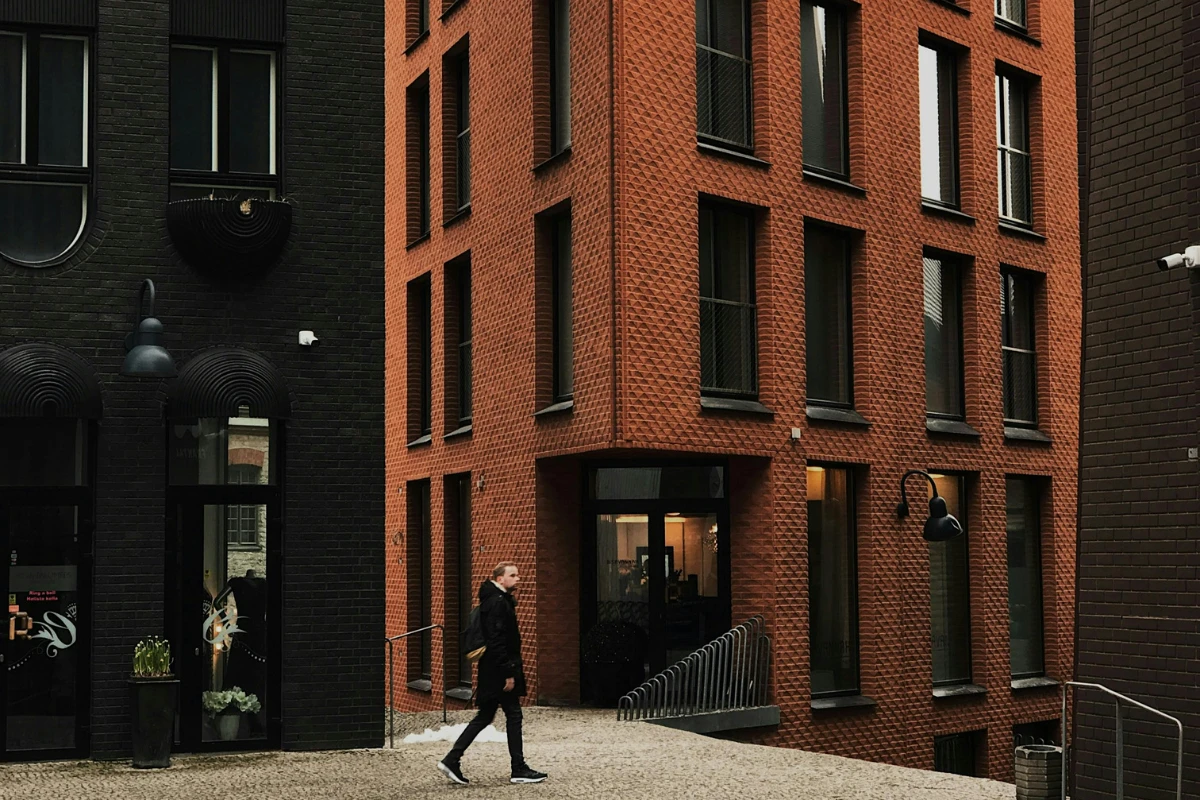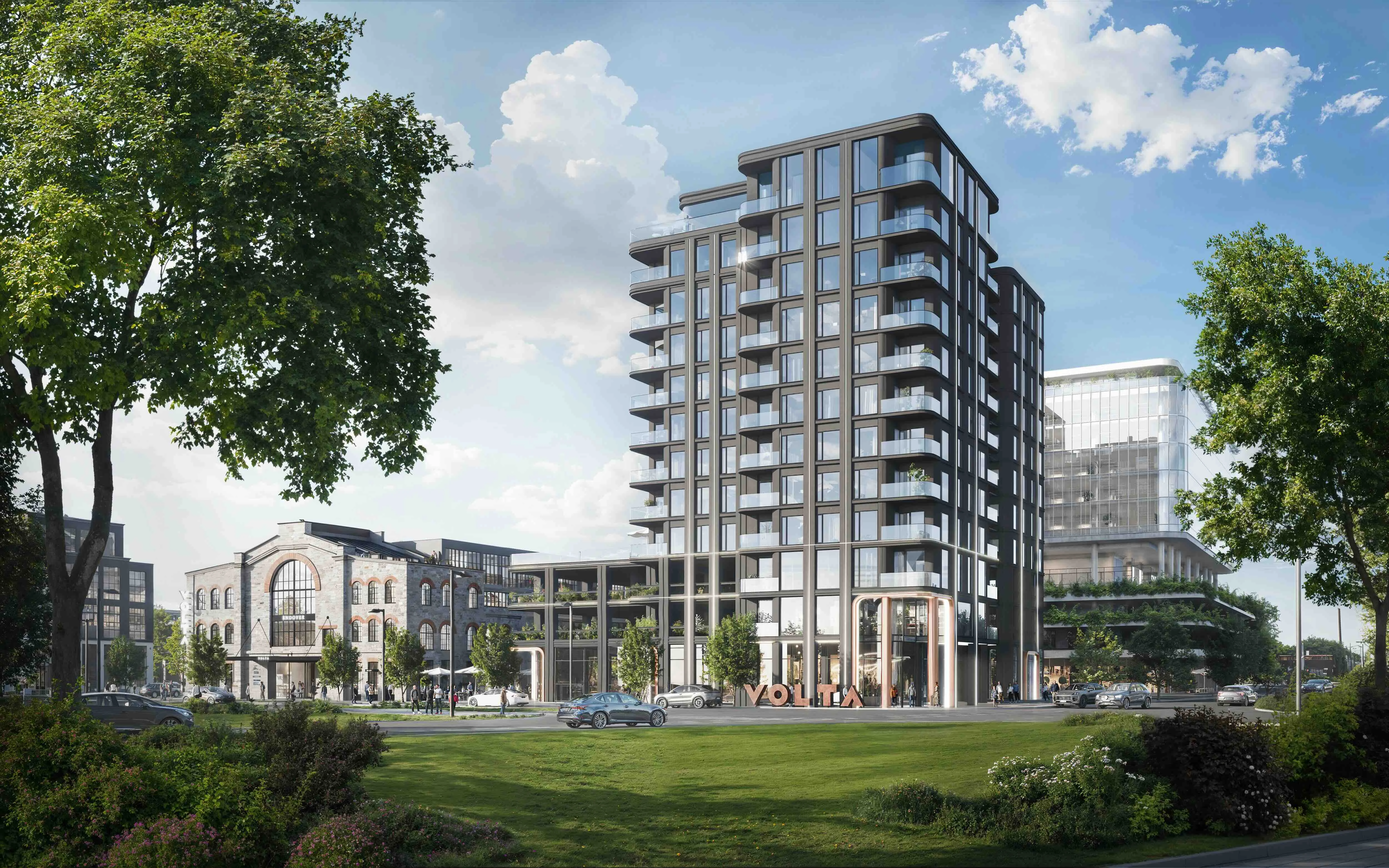Realtor Explains: How Much Can You Haggle Down Real Estate Prices
-web.webp)
In today's market, it's very often heard that real estate with the "right price" sells best. But what exactly is that right price and how much can actually be negotiated, comments ELUM Real Estate broker Egon Juhanson.
"Every transaction must have a clear reason, and it doesn't make sense to try with absolutely everything. If the price has been set with the help of a competent specialist, then in all likelihood the property will sell quickly and negotiation is not appropriate," says Juhanson. "However, I also see a large number of listings that have been on portals for a long time, and it's clear that either the price is being experimented with or the seller doesn't have accurate information about what the actual market price is. Here negotiation is appropriate, but within certain limits."
For example, if you look at listings for apartments that need renovation, you could arguably take 10-20% off their prices. The asking prices and transaction prices are clearly different, and buyers of such apartments know this.
New developments have recently seen discounts of up to 5%, but it all depends on what price the developer came to market with," explains Juhanson. "If the project was overpriced in the initial phase, then it must come down in price by that amount. There are also situations where the developer doesn't change the price, but instead does additional construction work for the buyer (changes the layout, installs furniture, etc.). Of course, kitchens, parking spaces, and storage units are also offered with the property."
When it comes to single-family homes, you can negotiate the price down the most with properties in average condition. "These are older houses with inefficient heating systems or layouts and poor insulation. Unfortunately, overpricing of such houses is quite common," notes Juhanson. "For example, if an average single-family home in Tallinn is asking 400,000 euros, but the building needs renovation and documentation needs to be arranged, then a buyer can negotiate down by up to 50,000 euros. Of course, this needs to be properly justified."
There may also be room for negotiation on higher-priced single-family homes where the buyer pool is small. For example, with a 1 million euro asking price, a 100,000 euro discount is quite common. "It's more complicated with brand new houses. It all depends on what price the land was purchased at or how high the construction cost was. Since construction costs are high, there isn't much price reduction in this case," adds Juhanson.
When it comes to land plots, you need to monitor the existence of utility connections and building rights. If connections are missing, this is an important point in price negotiation. For example, in some Tallinn neighborhoods, just a water line connection can cost 30,000 €. The same applies to building rights, because without a zoning plan the entire process can turn out to be very lengthy and costly.
According to Egon Juhanson, a land plot near Tallinn priced up to 100,000 euros with all connections in place leaves no room for negotiation. However, with more expensive properties where water and electricity connection fees also need to be paid, you can negotiate 5-15%.
In addition to the examples above, for all properties you should keep in mind that since the market has been in great flux, property appraisals are not always competent. For example, if a sale is started at the amount listed in the appraisal, then interest in the property may be very weak and in reality the price would need to be lowered.
"In summary. Negotiation is part of the real estate sales process, but offers must also be justified and remain reasonable. Sellers don't respond to unrealistic offers and the entire process breaks down, even though the buyer actually had genuine interest," concludes Egon Juhanson.




